Blade Runner

1982 theatrical version: R for violence.
Definitive Cut: R for violence and brief nudity.
Reviewed by: Brett Willis
CONTRIBUTOR
| Moral Rating: | Very Offensive |
| Moviemaking Quality: |
|
| Primary Audience: | Adults |
| Genre: | Action Sci-Fi Thriller |
| Length: | 1 hr. 57 min. |
| Year of Release: | 1982 |
| USA Release: |
June 25, 1982 |


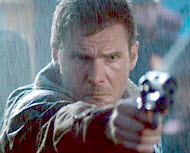
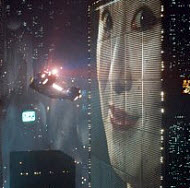
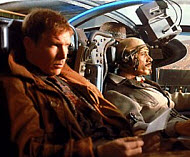
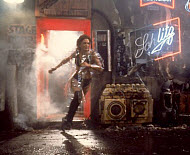
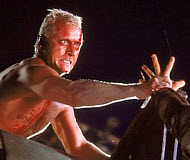
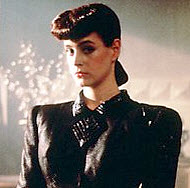
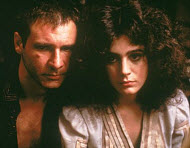
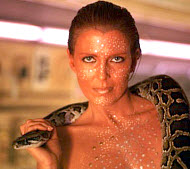
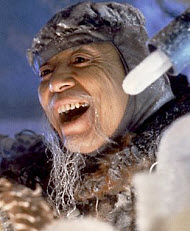
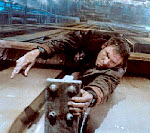
Existentialism (Wikipedia)
Nihilism (Wikipedia)
RACIAL PREJUDICE—What are the consequences of racial prejudice and false beliefs about the origin of races? Answer

Get biblical answers to racial hot-topics. Where did the races come from? How did skin color come about? Why is it important to have a biblical foundation for such issues?
Christ allegory
About murder in the Bible
VIOLENCE—How does viewing violence in movies affect families? Answer
| Featuring |
|---|
|
Harrison Ford … Rick Deckard Rutger Hauer … Roy Batty Sean Young … Rachael Edward James Olmos … Gaff M. Emmet Walsh … Bryant Daryl Hannah … Pris William Sanderson … J.F. Sebastian See all » |
| Director |
|
Ridley Scott |
| Producer |
|
The Ladd Company Shaw Brothers Norman Lear/Tandem Productions See all » |
| Distributor |
“A chilling, bold, mesmerizing, futuristic detective thriller.”
based on the novel Do Androids Dream of Electric Sheep? by Philip K. Dick
The combination of a Philip K. Dick story and Ridley Scott (“Alien,” “Gladiator”) at the helm should mean an uncommonly engaging sci-fi flick. Most reviewers agree that this film is just that. Having first viewed it several years after its release and being spoiled by the CGI effects of more recent films, I found it notable in some ways, average in others.
In the future, the Tyrell Corporation creates NEXUS 6 Replicants (nickname: “skin jobs”)—androids intended for off-world slave labor. When some Replicants mutiny and attempt to sneak back to Earth (a homing instinct?) they’re declared illegal, sentenced to be executed (the euphemism is “retired”) immediately on detection. These “retirements” are effected by “Blade Runners” such as Deckard (Harrison Ford). Deckard handles his assignment with cold efficiency. Yet he’s kind to Rachael (Sean Young), a “terrestrial” Replicant who has false memories and fake documentation.
If the mutinous Replicants manage to go undetected, there’s a “backup” plan in place: they were programmed with a maximum four-year lifespan which cannot be altered. And the clock inside the Replicants’ leader, Batty (Rutger Hauer), is nearly wound down.
This film is seen by many as a philosophical statement on themes such as what it means to be human, the reversed roles of creator and creation, etc.
Content Warnings: There’s a small amount of profanity, strong violence and some nudity. The fight scenes are gory in spots and weirdly choreographed. The “retirement” of a female Replicant, Zhora (Joanna Cassidy), who works as an exotic dancer in an act involving a snake, juxtaposes sexual images and violence. The general street-level picture of the future is a negative, offbeat one.
The only version I’ve seen is the Director’s Cut, which lacks the voiceovers. Critics are divided on whether the studio-mandated voiceovers helped or hurt the theatrical-release version. I was able to get the gist of the final twist without them. Hint: Five Replicants have escaped to Earth, but Deckard hunts down only four. And although he’s supposedly an “Old Blade Runner,” Deckard knows nothing about the four-year lifespan.
The works of sci-fi writer Philip K. Dick (1928-1982) have also been made into the films “Total Recall,” “Drug-taking and the Arts,” “Screamers,” “Impostor” and “Minority Report”
See list of Relevant Issues—questions-and-answers.


Moral rating: Offensive / Moviemaking quality: 5

My Ratings: [Average / 4½]